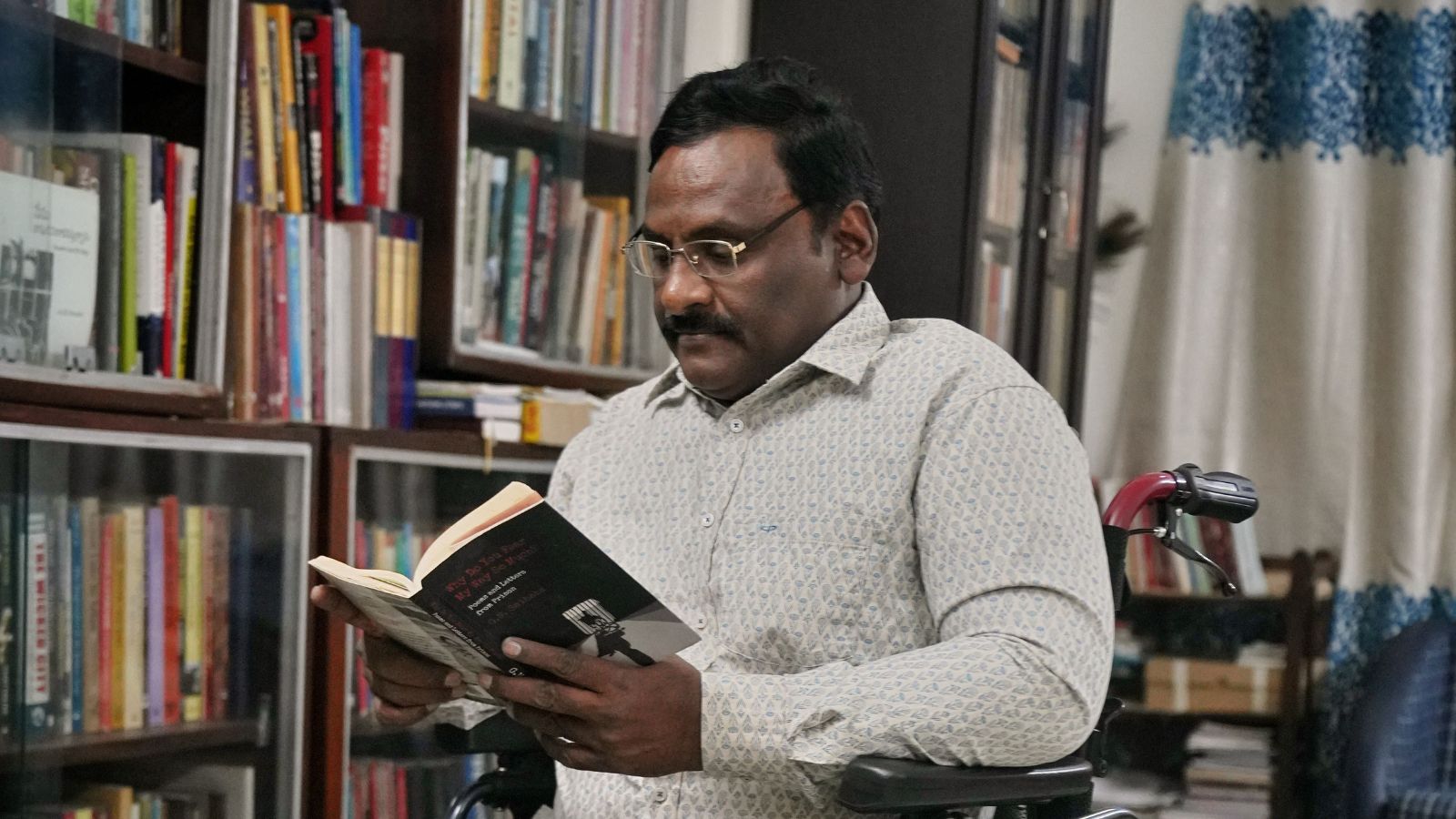 |
|
Rahul Pandita's poignant tribute to G N Saibaba, affectionately known as Sai, paints a vivid portrait of a man deeply committed to social justice and the plight of marginalized communities. The article unfolds as a personal narrative, weaving together Pandita's own journey through the Maoist movement in India with his enduring friendship with Saibaba. The backdrop for their connection is the turbulent period of the Maoist insurgency, an event that dominated national headlines and sparked fierce debate. Pandita, drawn to the movement's complexities, sought to understand the lives of those who had chosen to join the armed struggle, often leaving behind comfortable lives and loved ones.
Pandita's exploration of the Maoist movement, guided by Saibaba's insights, took him to the heartland of the insurgency in Bastar, Adilabad, and Warangal. He encountered the families of slain Maoist leaders, their lives forever marked by the sacrifices their loved ones had made in pursuit of an ideology. Pandita's encounters with these families humanized the movement, revealing the devastating consequences of the conflict on individuals and communities. Saibaba, with his encyclopedic knowledge of the movement, provided crucial context and guidance to Pandita's research. He served as a bridge between Pandita and the families of Maoist leaders, opening doors for the weary traveler. Pandita's interactions with these individuals highlight the complexities of the Maoist insurgency, showing the human costs and the unwavering commitment of those involved.
The article traces the evolution of the movement, from its early days to the violent crackdown of Operation Green Hunt. Pandita captures the tense political atmosphere of the time, where attempts at negotiation and dialogue were overshadowed by a climate of suspicion and fear. He recounts his own role in breaking the story of Congress leader Digvijaya Singh's communication with a jailed Maoist ideologue, a revelation that exposed the complexities of political maneuvering and the failures of dialogue. However, the article emphasizes that Saibaba remained a staunch advocate for dialogue and peace, even in the face of escalating violence.
The article concludes with Saibaba's arrest and subsequent death, attributing his demise to the harsh conditions of his imprisonment. Pandita calls for the release of political prisoners, including Surendra Gadling and Umar Khalid, highlighting the failures of the Indian justice system. His plea for justice resonates with the overarching theme of Saibaba's life – a commitment to fighting for the rights of the marginalized and challenging the inequalities that plague society. Pandita's article is a testament to the enduring legacy of G N Saibaba, a man whose life was dedicated to justice and whose death serves as a reminder of the need for a more humane and just society.
Source: Rahul Pandita writes: What I learned from G N Saibaba
